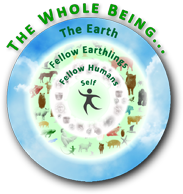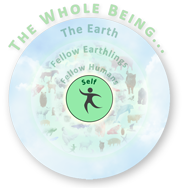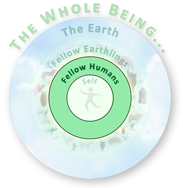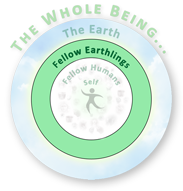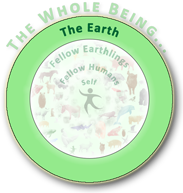Resource Library
To narrow down the list to only resources personally endorsed by CNCL, tick the “CNCL-Endorsed” box.
Please let us know if you find any errors or dead links.
Click here
for a list of…![]()
Broad-Coverage Independent News
& Media Sites
Articles relevant to The Freedom Archives. “The Freedom Archives is a non-profit educational archive located in San Francisco dedicated to the preservation and dissemination of historical audio, video and print materials documenting progressive movements and culture from the 1960s to the 1990s. Offering a youth development program focused on engagement with these historical materials and providing media production training, we also produce original documentaries and educational resources for use by schools and organizations as tools for community building and social justice work.” “Switzerland has everything it takes to secure its long-term supply on the basis of predominantly domestic and renewable energy sources and energy efficiency: natural, economic and financial resources as well as technological know-how. In order for the energy transition to succeed, it needs a clear framework, including as far as the nuclear phase-out is concerned. Nuclear power plants pose an unnecessary and unacceptable threat. They pollute the environment at all pre and post stages and leave nuclear waste behind. In addition, the construction of new nuclear power plants will hinder the development of a secure power supply with renewable energies and prevent incentives for (electricity) energy efficiency. The members of the Alliance nuclear phase-out commit themselves to the common goal of stopping the production of atomic energy. They are making political efforts to avert the construction of new nuclear power plants in Switzerland. “ Film: “There is a revolution happening in the farm fields and on the dinner tables of America – a revolution that is transforming the very nature of the food we eat. The Future of Food offers an in-depth investigation into the disturbing truth behind the unlabeled, patented, genetically engineered foods that have quietly filled U.S. grocery store shelves for the past decade. From the prairies of Saskatchewan, Canada to the fields of Oaxaca, Mexico, this film gives a voice to farmers whose lives and livelihoods have been negatively impacted by this new technology. The health implications, government policies and push towards globalization are all part of the reason why many people are alarmed by the introduction of genetically altered crops into our food supply. Shot on location in the U.S., Canada and Mexico, The Future of Food examines the complex web of market and political forces that are changing what we eat as huge multinational corporations seek to control the world’s food system. The film also explores alternatives to large-scale industrial agriculture, placing organic and sustainable agriculture as real solutions to the farm crisis today.” “Directed by Louie Psihoyos and executive produced by James Cameron, The Game Changers tells the story of James Wilks — elite special forces trainer and winner of The Ultimate Fighter — as he travels the world on a quest for the truth behind the world’s most dangerous myth: that meat is necessary for protein, strength and optimal health. Meeting elite athletes, special ops soldiers, visionary scientists, cultural icons, and everyday heroes, what James discovers permanently changes his relationship with food and his definition of true strength.” “We live in a concrete, violent, noisy, high tech, busy world. We have lost our connection to animals, to nature, and most of all, to ourselves. Animals are living lives of torment from beginning to end, their cries are unheard, their pain is unseen, and they are suffering. The rate of heart disease, cancer, obesity, and diabetes has never been higher. The rain forests are being destroyed, we are in a global drought, we are polluting our air, and species go extinct every day. But by having reverence for all life and by reconnecting with Mother Earth we each can change all that. At The Gentle Barn we stand up for the innocent, and we help animals and children alike remember that they matter. We open people’s hearts to the connections with nature. We open people’s minds to what is happening around us. And we inspire people to be an integral part of the solution. Through the stories and interactions with our animals, we can raise future generations to have reverence for all life, protect our planet, live good healthy, happy lives, and we will all be closer to having peace on earth!” “The German Shepherd Dog Rescue Trust (GSRT) is a New Zealand-based non-profit Charitable Trust, (CC27372) an entirely voluntary organisation dedicated to rescuing neglected, abandoned and unwanted German Shepherd Dogs (GSD) across New Zealand. The trust was founded by Denise Sharp in the memory of Yani, Denise’s first German Shepherd Dog, who died at the age of 2 1/2 years after battling various illnesses. The Trust has 4 Trustees (see below) and enlists a few volunteers residing in Palmerston North, Hastings, Wellington, Waikato, Whakatane, Warkworth and Auckland, who offer services such as checking potential homes for a dog, transporting the dogs to their approved homes, and helping the Trust’s founder, Denise, in organising the annual GSDRT Christmas Party and GSDRT calendar production and posting.” Film: “With the exception of our companion animals and the wild and stray species within our urban environments, we experience animals daily only as the food, clothing, animal tested goods and entertainment we make of them. This moral dilemma is largely hidden from our view. THE GHOSTS IN OUR MACHINE illuminates the lives of individual animals living within and rescued from the machine of our modern world. Through the heart and photographic lens of animal rights photojournalist Jo-Anne McArthur, audiences become intimately familiar with a cast of non-human animals. From undercover investigations to joyful rescue missions, in North America and in Europe, each photograph and story is a window into global animal industries: Food, Fashion, Entertainment and Research. THE GHOSTS IN OUR MACHINE charts McArthur’s efforts to bring wider attention to a topic that most of humankind strives hard to avoid. Are non-human animals property to be owned and used, or are they sentient beings deserving of rights?” “Peter Russell’s award-winning video, based on a live audio-visual presentation in 1983. He explores the idea that the Earth is an integrated, self-regulating living organism and asks what function humanity might have for this planetary being. It suggests that we stand on the threshold of a major leap in evolution, as significant as the emergence of life itself, and the essence of this leap is inner spiritual evolution. Moreover, Peter Russell maintains that it is only through such a shift in consciousness that we will be able to manage successfully the global crisis now facing us.” “We work with scientists, investors, and entrepreneurs to make groundbreaking good food a reality. We focus on clean meat and plant-based alternatives to animal products—foods that are more delicious, safer to eat, and better for the planet than their outdated counterparts.” “Buddhism ought to be an animal rights religion par excellence. It has long held that all life forms are sacred and considers kindness and compassion the highest virtues. Moreover, Buddhism explicitly includes animals in its moral universe. Buddhist rules of conduct—including the first precept, “Do not kill”—apply to our treatment of animals as well as to our treatment of other human beings. Consequently, we would expect Buddhism to oppose all forms of animal exploitation, and there is, in fact, wide agreement that most forms of animal exploitation are contrary to Buddhist teaching. Yet many Buddhists eat meat―although many do not―and monks, priests, and scholars sometimes defend meat-eating as consistent with Buddhist teaching. The Great Compassion studies the various strains of Buddhism and the sutras that command respect for all life. Norm Phelps, a longtime student of Buddhism and an acquaintance of His Holiness the Dalai Lama, answers the central questions of whether Buddhism demands vegetarianism and whether the Buddha ate meat. He is not afraid to examine anti-animal statements in Buddhist lore―particularly the issues of whether Buddhists in non-historically Buddhist countries need to keep or to jettison the practices of their historical homelands.” A talk by David Korten. “A Great turning to an Ecological Civilization cannot be led or imposed by institutions created to secure the relationships of an Imperial Civilization. Leadership must come from We the People. With no precedent or model to guide us, we must learn as we go, sharing the lessons of our experience as we withdraw our support from the institutions of the old economy and live into being the institutions of a New Economy that aligns with Ecological Civilization’s vision of possibility. The Great Turning is a possibility: not a prophecy. The choice is in our hands.” “John Robbins and Joanna Macy, who have been friends for thirty years, are both crusaders for a life-sustaining world. In this conversation, both intimate and visionary, they explore ways they have continued over the years to move and inspire each other. ” from Helping Hands Newsletter (Buddhist Global Relief) Book: “In The Great Turning, David Korten argues that “Empire,” the organization of society through hierarchy and violence has always resulted in misery for the many and fortune for the few, but now it threatens the very future of humanity as Empire has become unsustainable and destructive. Korten traces the roots of Empire and charts the evolution of its instruments of control, from absolute monarchies to the multinational institutions of the global economy. He describes efforts to develop democratic alternatives to Empire, such as the founding of the United States and shows how elitists with an imperial agenda have undermined the “American experiment.” Empire is not inevitable, and we can turn away from it. Korten draws on evidence from evolutionary theory, developmental psychology, and religious teachings to show that a life-centered, egalitarian, sustainable, democratic “Earth Community” is possible.” “We are part of the International Hakomi Institute based in the United States and have been offering practitioner training, workshops, and supporting the growth of Hakomi in New Zealand and Australia since 1989. Hakomi Experiential Psychotherapy is a mindfulness-based approach to self-understanding. Mindfulness is not simply part of the ‘tool kit’ in Hakomi, it forms the very foundation of the therapeutic encounter. Much more than a method or set of techniques, Hakomi is a way of looking at the world that is compassionate, mindful, curious, non-invasive, humorous and respectful.” “The Happy Herd is a farm animal sanctuary for animals either abused or at risk. As of August 2nd 2018 we are now a registered charity with the Government of Canada. On 4 wonderful acres, you can find the many animals we have rescued roaming freely. We have several goats, chickens, cows, pigs, turkeys, hens, ducks, cats, a couple of dogs, and a wonderful friendly donkey! Each with their own identity and personality.” eBook: “Recent history has seen western farmers teaching Africans how to plough like they do in the rich clay lands of Shropshire, and the results have been a disaster. Permaculture, in its heady youth, had Australians teaching Europeans how to do desert work in those same heavy clays. A balance has to come and we will then have chance to do what is sensible in each place. ‘The Harmonious Wheatsmith’ details the method that Marc Bonfils developed for growing grains without ploughing. It is compatible with the awe-inspiring work of Masanobu Fukuoka in Japan (‘The One Straw Revolution’) and so it has been called the Fukuoka-Bonfils method. The value in terms of the erosion of soils speaks for itself. But beyond that I was fascinated by the time scale of the plantings. Marc, communicating through the late Emilia Hazelip, was adamant that his work should not be tainted by being published with any details of bio-dynamic farming, which also has a strong emphasis on timings. So I honoured that request and held off adding anything weirder than his own work. But now I think ‘wouldn’t it be interesting if the grain development of Hugo Erbe were to be the missing piece in getting the Fukuoka-Bonfils method to work more widely’? This was the first book what I wrote – and I had a lot of assistance, primarily from Graham Bell. Graham was very patient since it took a long time to get the illustrations done as my genius illustrator fulfilled another aspect of artistic talent in relation to punctuality. After that it wasn’t very helpful to hear that some people hated the illustrations. Sorry guys, I still think they are great.” “We exist to end the abuse of animals raised for food. Together, we are here, for the animals…We create real social change in collaboration with others. After all, this is a movement that’s bigger than ourselves. So, we share resources. Train other nonprofit organizations. And, importantly cultivate a welcoming, collaborative and change-making community. “ News “Need help for an upcoming article, or simply want to see our latest press releases? …We exist to end the abuse of animals raised for food. Together, we are here, for the animals”Found 2210 Results
The Freedom Archives – Blog

The future is renewable

The Future of Food
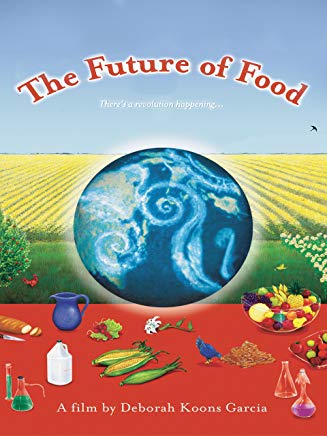
The Game Changers
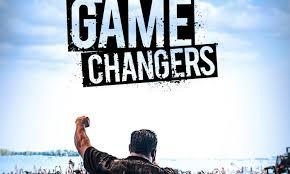
The Gentle Barn
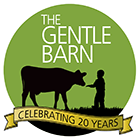
The German Shepherd Dog Rescue Trust

The Ghosts In Our Machine
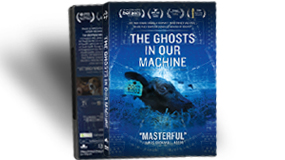
The Global Brain: Peter Russell (1983)
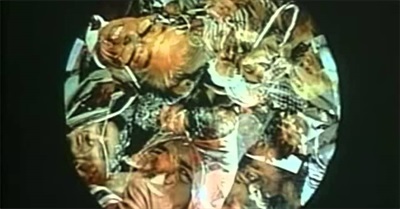
The Good Food Institute

The Great Compassion: Buddhism and Animal Rights
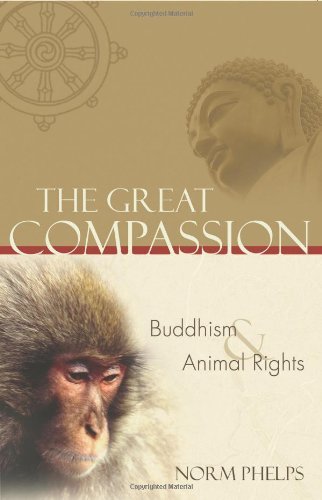
The Great Turning
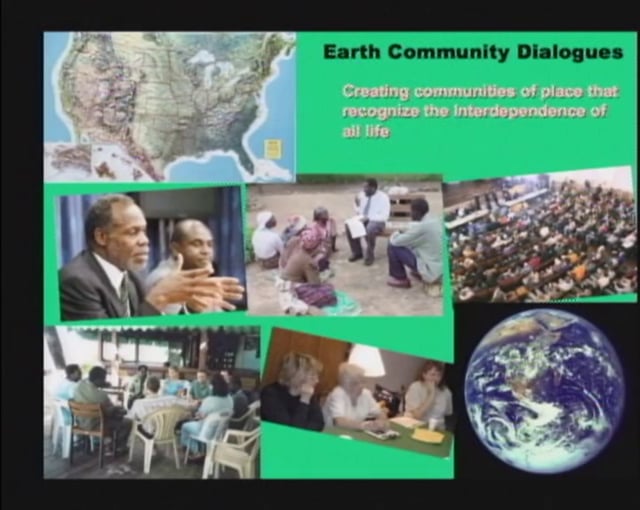
The Great Turning – A Conversation Between Joanna Macy and John Robbins
![]()
The Great Turning: From Empire to Earth Community
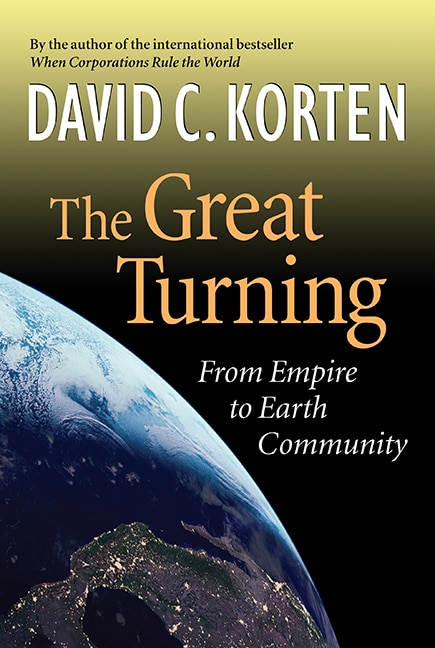
The Hakomi Institute, New Zealand
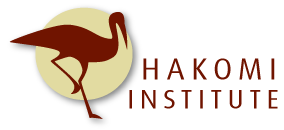
The Happy Herd Farm Sanctuary
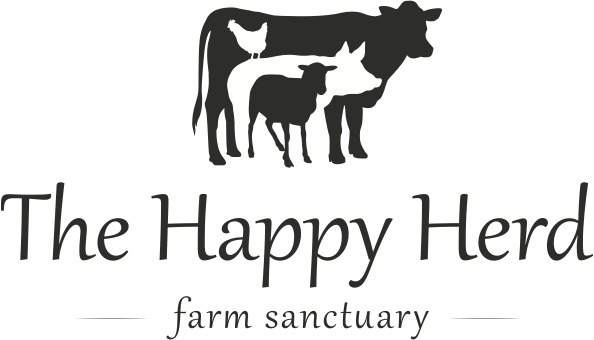
The Harmonious Wheatsmith
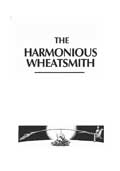
The Humane League
![]()
The Humane League – For Media
![]()

